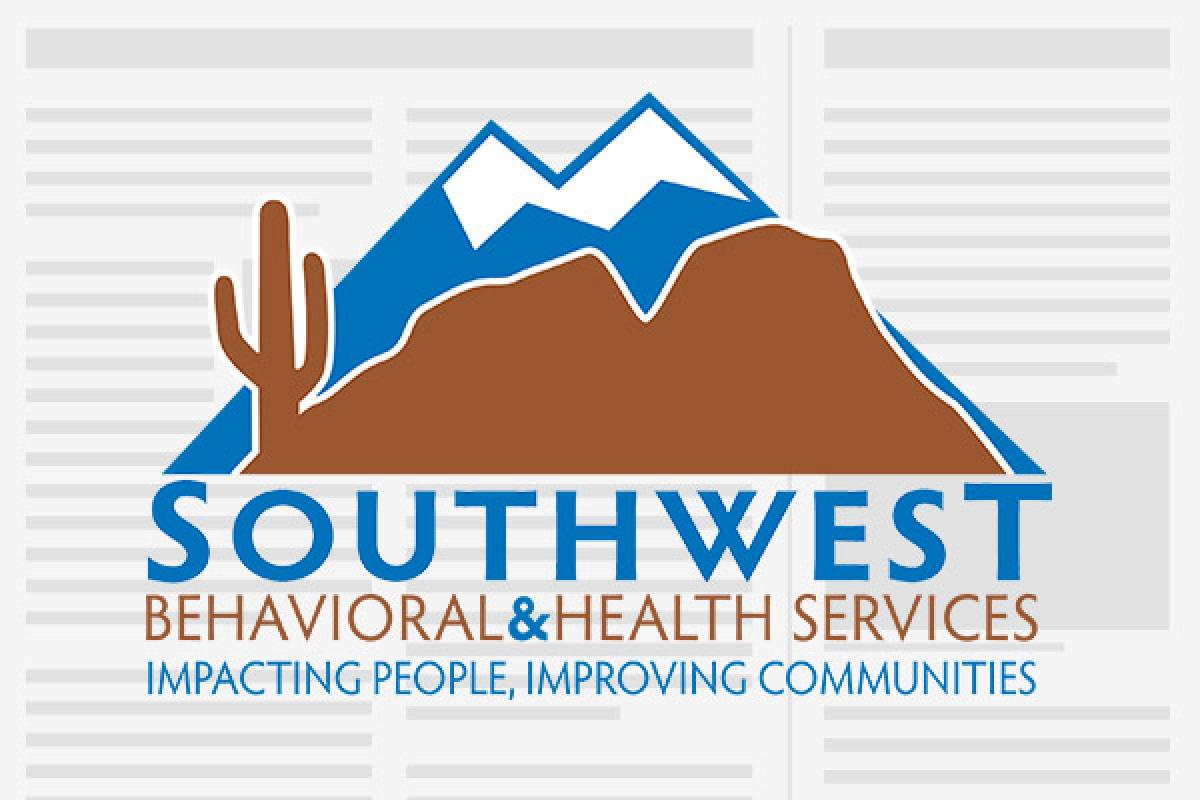
So much has changed in the experience of today’s children compared to that of previous generations. The barrage of 24/7 media coverage of increasingly frequent and catastrophic events is often processed differently in the minds of children than in the minds of grown-ups.
Children lack life experience that lends realistic perspective to disturbing events. Until the age of 5 or 6, they lack the capacity to understand causality; therefore, they tend to assume they are the cause, or that they are at fault, for anything that happens around them. When they are exposed to media coverage of a traumatic event, they don’t have a true sense of time and distance, and may be susceptible to believing that a violent incident happened in their immediate environment, rather than across the country or around the globe. They may also be prone to thinking that the catastrophe is continuously happening when they see repeated footage of the same past incident.
In addition to the potentially traumatizing effects of media exposure, some children suffer other trauma in their own lives, such as divorce, poverty, abuse or neglect. The more these factors are present in a child’s life, the more their developing brains are affected. A recent study, published in JAMA Pediatrics, showed that “adversity early in life was associated with higher levels of internalizing symptoms as well as with altered brain structures.” These effects can increase the likelihood of addictions and other serious problems later in life.
Although sufferers of extreme or prolonged trauma will likely need professional interventions to process and heal, there are a number of things caring adults can do to help children in the former category.
- Point out all the good in the world, as evidenced by the many people who help others during scary times.
- Provide kids opportunities to help others; this can help them to feel more empowered, and therefore more in control and less afraid.
- Allow children to talk openly about the feelings they have. Listen with empathy and without judgment or dismissing their concerns.
- Teach them healthy ways to manage stressful feelings.
DrugFreeAZKids.org supports parents in the difficult work of raising healthy, happy people, free of addictions. In the New Year, take advantage of the opportunity to attend one of our free Active Parenting workshops to learn techniques and strategies for building closer, healthier family relationships; effectively disciplining children and teens without alienating them through punishment; understanding child and adolescent development; and reducing risks of addiction and many other life problems.














